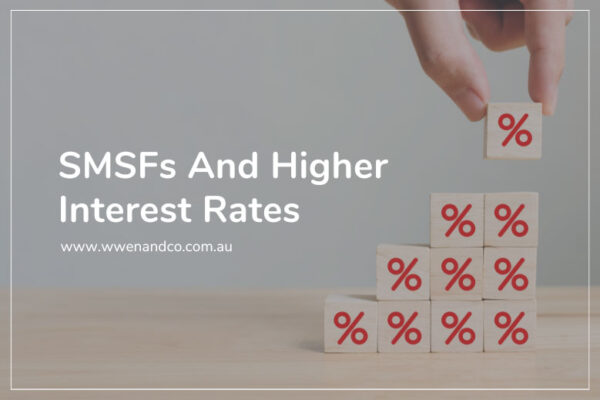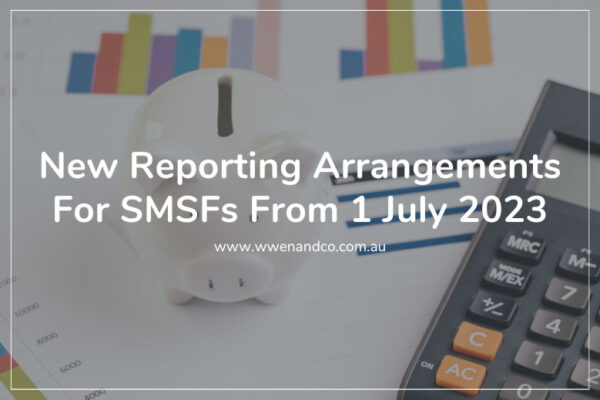Self Managed Super & Retirement
Avoid schemes targeting SMSFs
Sometimes promoters of schemes target self-managed super funds (SMSFs). Schemes can include tax avoidance arrangements that inappropriately channel money or assets into your SMSF so you pay less tax. They may also include arrangements promoting the illegal early release of benefits from your fund for personal use. To assist you with identifying schemes that may […]
Read MoreSelf-education – when is it deductible?
There is no specific provision in the income tax legislation that allows a deduction for self-education expenses. Rather the expenditure falls for consideration under the general deductibility provision of the Tax Act. In broad terms, this allows for, but also limits, deductible expenses to those incurred in the course of earning assessable income. This requires […]
Read MoreDiscounting your capital gain
The capital gains tax (CGT) discount can reduce by 50% a capital gain that you make when you dispose of (sell) a CGT asset that you have owned for 12 months or more. However, the discount is only available to: The most notable omission from this list is companies. They are not eligible for the […]
Read MoreSMSFs & Higher Interest Rates
Impact of Rising Interest Rates on SMSF Trustees with LRBAs SMSF trustees with limited recourse borrowing arrangements (LRBAs) are now feeling the impact of 10 interest rate rises since May 2022 in one hit, from July 2023. SMSF trustees relying on the ATO’s safe harbour terms to ensure that an LRBA remains, at all times, […]
Read MoreNew Reporting Arrangements For SMSFs From 1 July 2023
Reporting arrangement for SMSF From 1 July 2023, trustees and directors of SMSFs must report certain events that affect their member’s transfer balance account quarterly. These events must be reported by lodging a ‘transfer balance account report’ (TBAR) no later than 28 days after the end of the quarter in which they occur. The purpose […]
Read More






